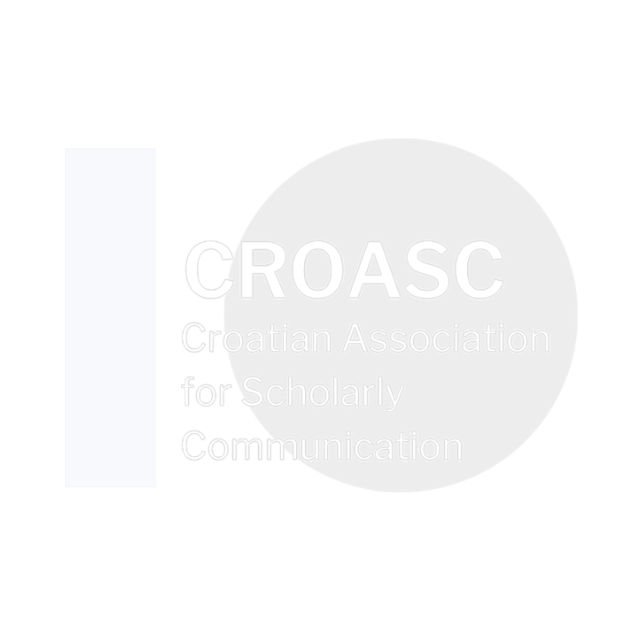
Nataša Jermen
Open access encyclopedia: an important component of knowledge infrastructure
Nataša Jermen
14 September 2023
Session 4 ‣ Open science in action
15:30 – 17:15
Since the era of Enlightement the role of encyclopedia consisted of organisation and structuring of knowledge, and its communication to the society. In the digital age professionally edited encyclopedia hasn’t lost its enlightement mission; on the contrary, its role in enabling systemic and reliable orientation within the ever-increasing amount of data and information is even more emphasised. By entering the digital age the functionality and usability of encyclopedias are enhanced enormously. Digital technologies transformed ways of preparing, organising and presenting encyclopaedic knowledge, and more importantly facilitated its distribution, accessibility and usage (Jermen & Jecić, 2018; Jermen & Jecić, 2020).
Professionally edited open access national encyclopedias contribute to raising the level of public knowledge by dissemination of reliable and verified information in users’ mother tongue. They provide a connection between experts and average citizens, acting as an important science communication tool, and as such should be at the core of the research and didactic infrastructure of any modern society (Jecić & Jermen, 2020). Furthermore, in fierce competition with various, often unreliable online information sources, they could also play an important role in the struggle against the speedy growth of disinformation and misinformation (Bentzen, 2018).
As one of the prominent examples of the importance of encyclopedistics in the modern age is the very existence of the Miroslav Krleža Institute of Lexicography in Croatia, a publishing house and a scientific institution, which is defined in the governmental act as a “public institution of relevance for the Republic of Croatia”. With the mission to systematise and disseminate scientifically verified knowledge in the broadest span of scientific disciplines, its publications (encyclopaedias, encyclopaedic monographs, lexicons, dictionaries etc.), targeted for a broader audience, as well as for specialists, have been produced in collaboration with numerous high-profile researchers from academia since its foundation in 1950. Since 2008 the Institute has been developing freely accessible collections of digital encyclopedic editions, which currently comprise of approximately 270 000 articles. A great number of Institute’s editions (along with the additional digital content) that are available in open access surely contributes to their increased visibility (more than 15 million pageviews in 2022) and hence the potential for creating the societal impact.
This presentation aims to provide an overview of the development of lexicography and encyclopedistics in the digital environment, primarily from the perspective of the Miroslav Krleža Institute of Lexicography, with the special emphasis on the Institute’s open access publishing during the past 15 years. Considering the fact that there are still no dedicated open access publishing schemes for books in Croatia, as well as that open access still represents a relatively small part of the book publishing landscape in Europe (Gimenez-Toledo et al. 2022), the Insitute’s endevours in this area have been rather innovative. Along with the dissemination of scientifically verified information, open access encyclopedias give the possibilities of linking to the digital data and collections of other research and cultural institutions, thus serving as the important component of digital knowledge infrastructure (Jermen & Jecić, 2018). Thanks to this increased connectivity, the Institute has been taking part in several projects, initiatives, and communities, both in Croatia and abroad, which will be described in this presentation.
